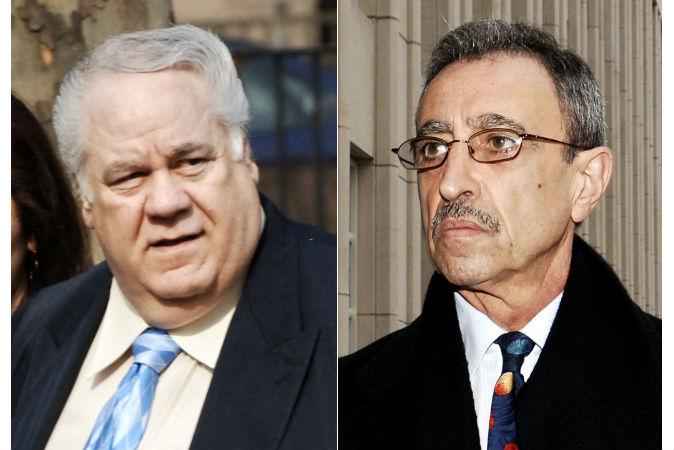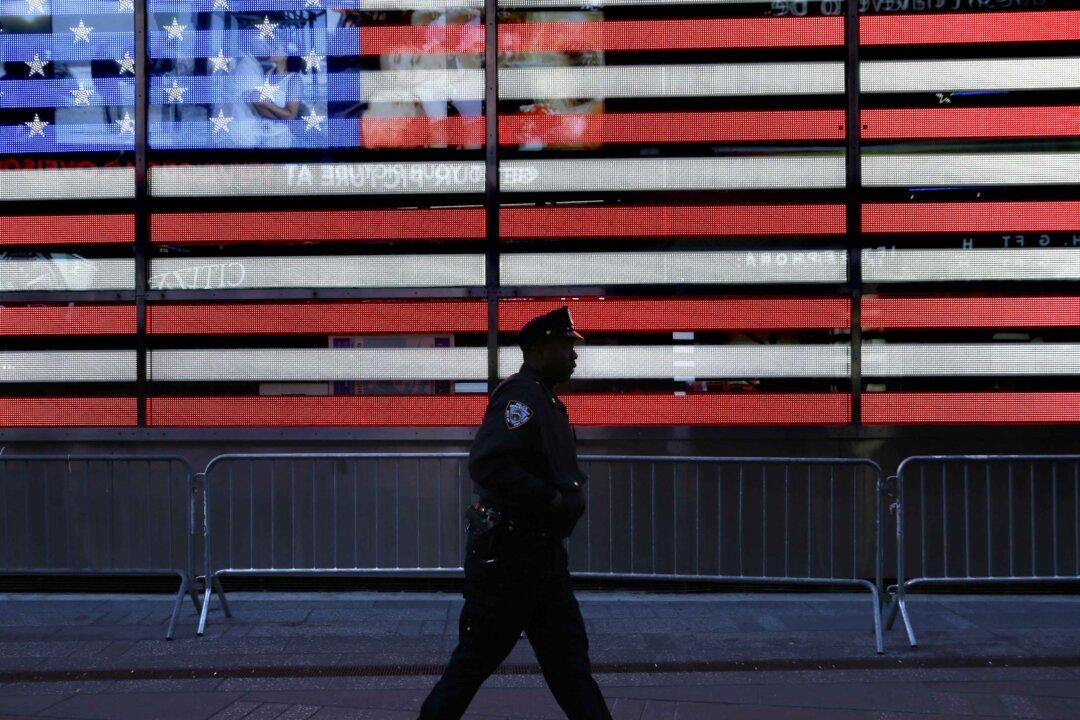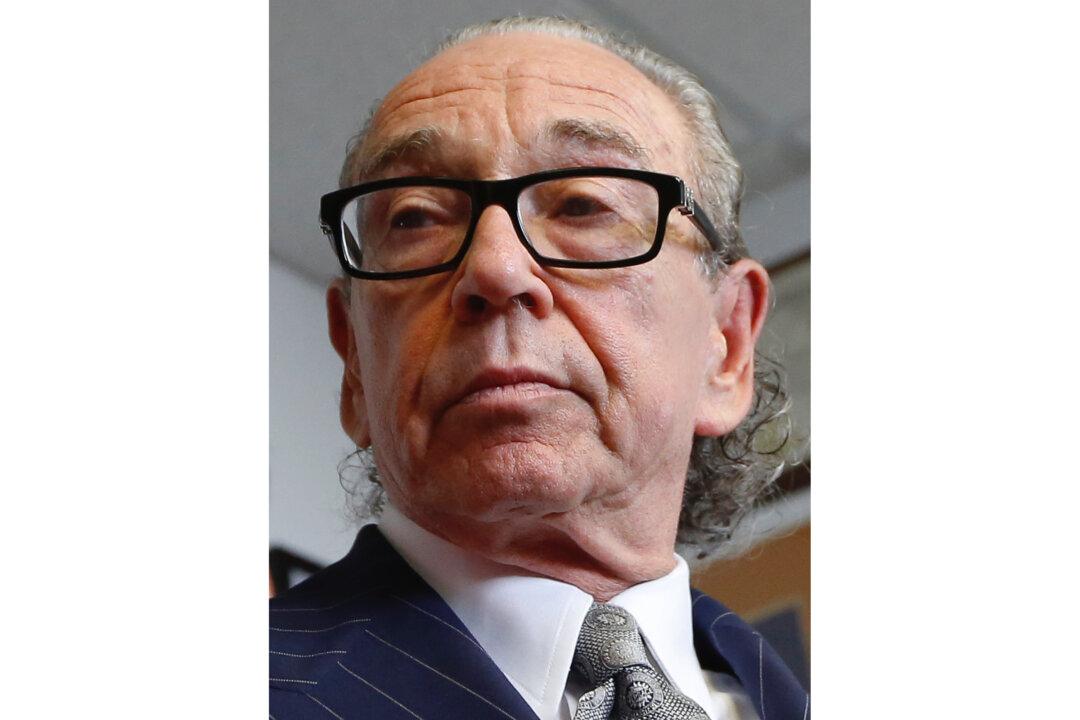NEW YORK—As one of the nation’s most infamous missing-child cases heads toward trial, a court is looking at a tool used long ago in the decades-old investigation: hypnosis.
Prosecutors asked a judge Monday to bar any mention of hypnosis—or any information obtained through it—from Pedro Hernandez’s murder trial in the 1979 vanishing of Etan Patz, one of the first missing children ever pictured on a milk carton.
Six-year-old Etan disappeared en route to his school bus stop on May 25, a date that is now National Missing Children’s Day in his memory. No arrests were made until May 2012, when a tip led police to Hernandez, who gave a confession his lawyers said was false. He has pleaded not guilty, and jury selection is due to start next month.
Etan’s disappearance spurred a fervent and sprawling investigation. It endured for decades, extended from New York as far as Israel, included tips from psychics and involved lie detector tests and hypnosis for some witnesses in the early going.
Bystanders and even Etan’s mother were hypnotized in hopes of eliciting more detailed memories of the time around when the boy was last seen, according to news accounts at the time.
Prosecutors argue that memories that emerged via hypnosis, or even the fact that witnesses underwent it, shouldn’t be allowed as evidence at the trial.
“We must be careful not to elicit post-hypnosis information from any witness,” Assistant Manhattan District Attorney Joan Illuzzi-Orbon said Monday.
But to Hernandez’s lawyer Harvey Fishbein, the fact that a witness underwent hypnosis “might be relevant to what they are saying at the trial.”
State Supreme Court Justice Maxwell Wiley said he wanted more information about the use of hypnosis in the case before deciding. The issue is among several pretrial questions up for further discussion at a court date next week.
Courts around the country have grappled for years with what to do about testimony drawn out through hypnosis. A 1987 U.S. Supreme Court ruling said that states couldn’t prohibit all defendants from giving “hypnotically refreshed” testimony on their own behalf, but the decision didn’t speak to other witnesses, and the justices noted that they didn’t mean “to endorse without qualifications the use of hypnosis as an investigative tool.”
Some judges have changed their mind over time. The New Jersey Supreme Court, for example, decided in 2006 generally to bar “hypnotically refreshed” testimony from witnesses except defendants, reversing a 1981 ruling that had set guidelines for allowing such testimony.
From The Associated Press
Court Eyes Use of Hypnosis in ‘79 Missing-Boy Case
NEW YORK—As one of the nation’s most infamous missing-child cases heads toward trial, a court is looking at a tool used long ago in the decades-old investigation: hypnosis.
|Updated:



